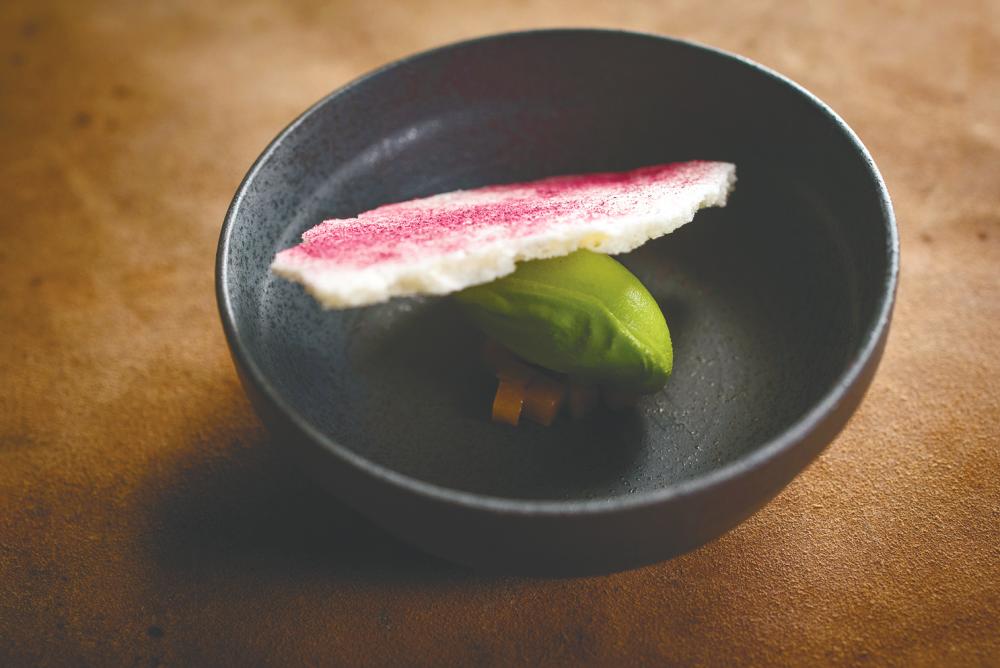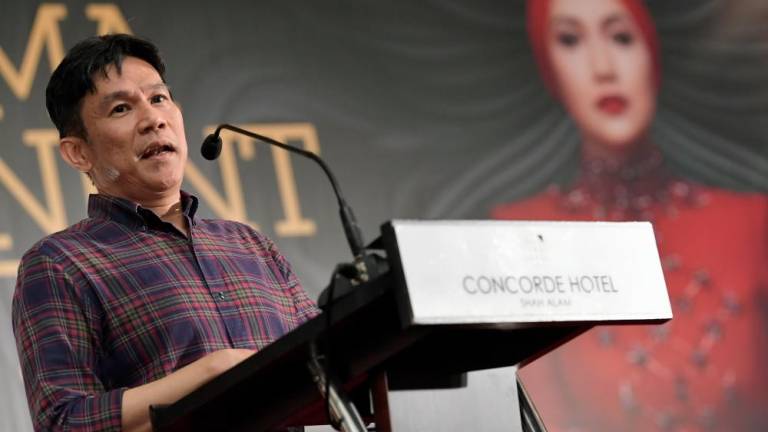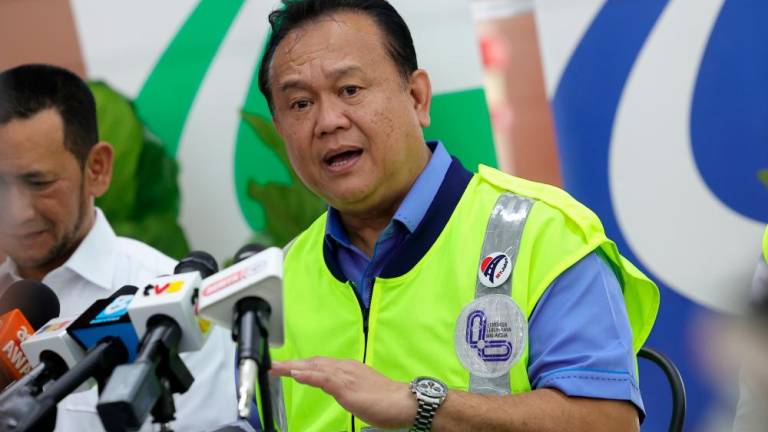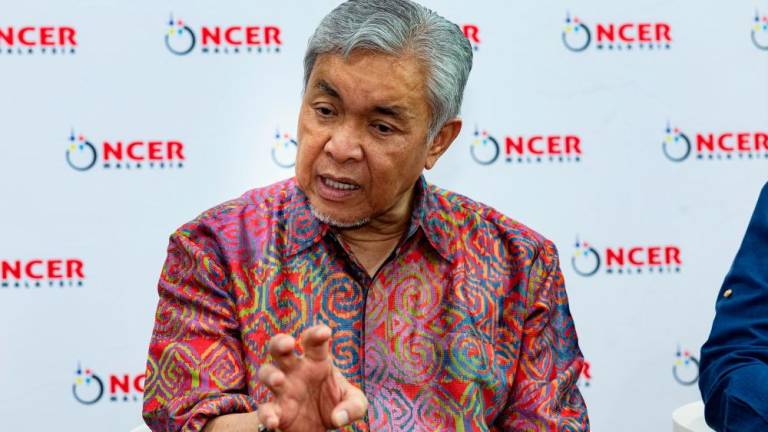DEWAKAN is a portmanteau of the Malay words ‘dewa’ (god) and ‘makan’ (eat) to signify food from God.
Head Chef Darren Teoh’s expression of cooking and interpreting indigenous ingredients with finesse brings subversive culinary reverential onto plates before us without losing sight and integrity of the authentic local flavours.
He dwells in the deep appreciation for the land and culture; such as the farmers, fishermen and artisans who serve nature’s bounty from the farms and jungles, mountains and seas to form the framework of what he believes how food should be.
His knowledge of indigenous ingredients may have surpassed many of us, yet his philosophies are kept simple: be curious, have courage and value your roots.
In April 2019, Dewakan had the honour of being the first Malaysian restaurant to be listed on the coveted Asia’s 50 Best Restaurants at 46th with the title Best Restaurant in Malaysia.
Here, Teoh shares his culinary expertise and the manifesto Dewakan takes pride in.
What was your earliest memory when it comes to making your own food?
I’ve always been a part of making food because that is what we do in my family, preparing lunch and dinners in my grandmother’s kitchen, which is also where most of my family members are most comfortable in.
The physical space of a kitchen is not just for the production of food but also a space for congregation and conversation over tea.
What defines modern Malaysian cuisine?
Interestingly, we’ve decided we don’t have an answer to that at all. We started off using that as a way to explain what we’re doing because it is a lot more multilayered than what most cared to listen to.
Because of how multifaceted it is as well, what we aspire to be, we translate into what works for us or what is important for us to do.
We feel that there is a gap between restaurants like Dewakan and young cooks who are studying to become chefs, and we want to bridge that gap. Hence, the concept of modern Malaysian cuisine is very complex to explain.
Why has indigenous produce become evidently less common in mainstream culture?
Mainstream to you is not mainstream to a certain demographic who live in Kuala Kangsar for example.
Our knowledge comes from what we’re exposed to and we’re only learning from communities we’re living with. Malaysians’ curiosity for food is myopic because they only eat certain types of food and are not willing to explore beyond what they’re comfortable with.
It is not about ingredients that are lost or forgotten, but rather the question is forgotten to who?
Unfortunately, it is forgotten to people who can easily afford but instead, there is this lust and obsession for more trendy cuisine; be it Korean or Japanese.
How do you encourage consumers to explore and discover these ingredients?
Words like exotic and novelty do no describe ingredients that come from this country. We just need to pay a little more attention to how and what we’re eating before actually making a statement that something is the best just because the internet says so.
How should one enjoy the dining experience at Dewakan?
Our reservations have shot up quite a bit since we were named Asia’s 50 Best Restaurants.
Being the first in Malaysia to make it into the list, I’m not sure if people come in because they genuinely want to try the food or they want to be able to say they’ve been to the best restaurant in Malaysia.
Malaysians are obsessed with eating but not obsessed with food. This mindset does not do the food and restaurant justice.
We have to think of the craft and effort the team has put in to deliver wonderful service and food.










